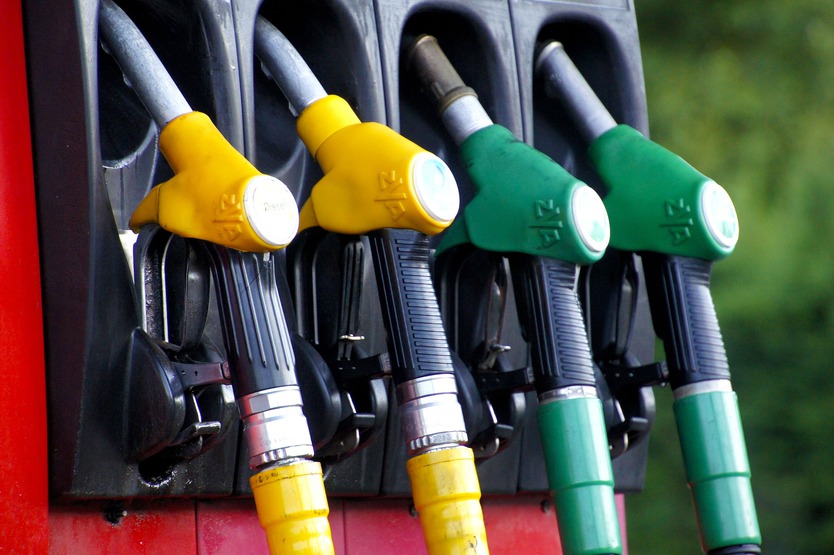
Construction has started on the world's first industrial plant for the production of solar aviation fuel at the Brainergy Park in Jülich.
© pixabay.com
By 2030 a third of all fuel used in domestic German flights must come from sustainable sources. Switching to green kerosene in aviation could mean millions of tons of CO2 savings and further German technological leadership.
Construction has started on the world's first industrial plant for the production of solar aviation fuel at the Brainergy Park in Jülich. Synhelion, the company making the investment will demonstrate a “sun-to-liquid” process that turns water, CO2 and methane into synthetic fuel using the energy from concentrated solar heat.
The research partners include the German Aerospace Centre (DLR) and the Solar Institute Jülich of Aachen University of Applied Sciences, with the Federal Ministry for Economic Affairs and Climate Action providing EUR 3.92 million in funding.
A 20-metre high solar tower will be the park’s most prominent feature, modelled on the DLR’s smaller tower in Jülich. A field of “heliostat” mirrors (surface area 1,500m2) will concentrate sunlight onto a solar radiation receiver on the tower. Temperatures at this point can exceed 1,000 degrees Celsius – and this intense energy is used to drive a thermochemical process producing kerosene. All the individual steps of the process have been successfully tested at the DLR’s Institute of Solar Research.
Opening in 2023, the pilot plant will only yield a few thousand litres of aviation-quality kerosene per year. Swiss International Air Lines is signed up to be the first airline to fly using the carbon-neutral fuel. Synhelion has plans to scale up quickly, as MD Patrick Hilger explains: "By 2025 we plan to commission the first commercial production plant in Spain… by 2040 we’ll increase production capacity to 50 billion litres of solar fuel per year, which could cover half of Europe's aviation fuel demand,” he says in a press release.


